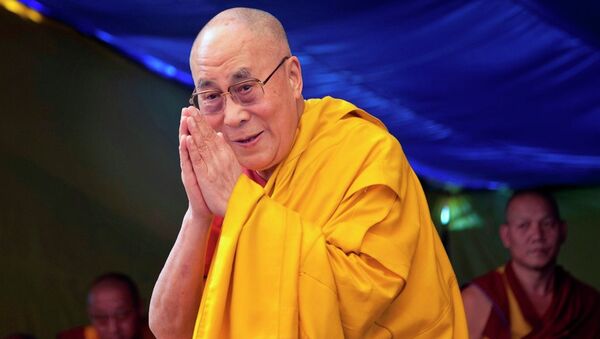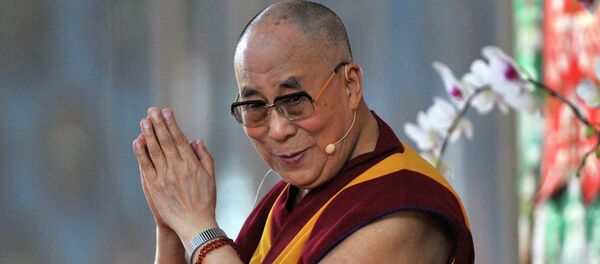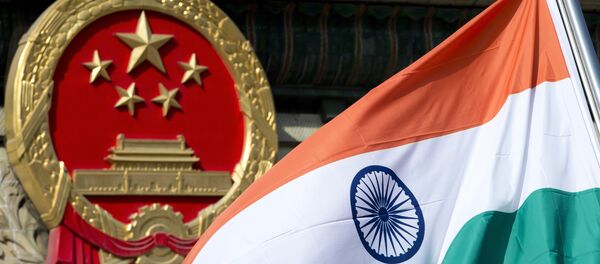The Chinese foreign ministry said that the visit will inflict severe damage to bilateral relations. Tawang is in the full-fledged Indian state of Arunachal Pradesh which China considers South Tibet.
"The invitation to the Dalai Lama by the Indian side to the contested area between China and India will inflict severe damage on the China-India relationship and peace and stability in the China-India border area," Chinese Foreign Ministry spokesman Geng Shuang said.
"The Dalai clique has for a long time carried out anti-China separatist activities and on the issue of the China-India border has a history of disgraceful performances," Geng added.
The Dalai Lama is scheduled to visit Tawang in April. The Indian government has started sharing more official engagements with the Dalai Lama whom China has termed a separatist. In December, Dalai Lama was invited to the Indian President's official residence, the first public meeting in 60 years.
"It's a behavioral change you are seeing. India is more assertive," India's junior home minister Kiren Rijiju told Reuters.
In November, Indian and Chinese military got involved in major standoff at the Line of Actual Control (de facto border) when more than 50 Chinese troops tried to halt ongoing civil works in Indian territory. Chinese forces were claiming that the ongoing work is in disputed areas and there was need to take prior approval from higher authorities on both sides. This incident was considered a precursor to India's decision to allow the Dalai Lama to visit Tawang.




